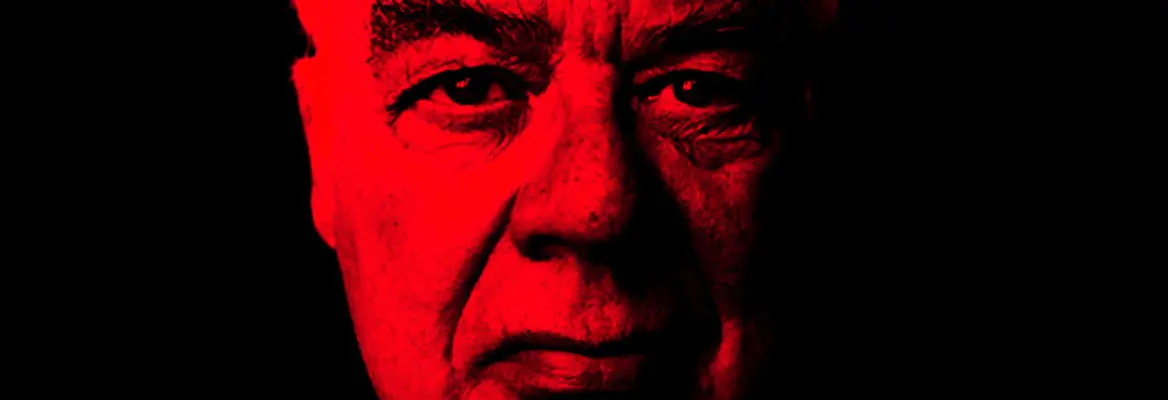Richard Rorty’s critique of the concept of “The Truth” as a useless historic relic continues to enflame philosophers and cultural commentators alike. They see Rorty as the architect of the post-truth era and as morally culpable for the human suffering they think it causes. But that view grossly misunderstands Rorty’s philosophy whose aim was to liberate us from defunct authorities and remind us that all we have as our guide to knowledge is the evidence and reasons we can give each other, not some “Reality” out there, writes Neil Gascoigne.
On the 1st December 2020 the High Court published its judicial review of the Tavistock’s practice of prescribing puberty-supressing drugs to persons under the age of 18. Later that day the feminist and philosopher Kathleen Stock “tweeted” the following:
Their sources were not medical, but Richard Rorty, Michel Foucault, Judith Butler… they provided an intellectual rationale that wholly obfuscated the harms they were permitting in the name of progress. And wider philosophy and academia let them… One day soon, the full story will emerge… how therapists with backgrounds in post-structuralist philosophy… came to believe they were forging new “meanings” with kids bodies.
If anything links these “post-structuralist” thinkers it is the conviction that progress involves increasing human freedom, which necessitates challenging traditional sources of authority. For Foucault this meant exposing what he regarded as the human cost of the Enlightenment’s narrative of progress. But while Rorty mentions Foucault’s work often enough he had no interest in engaging with genealogies of punishment and madness; and although he wrote about feminism and Freud he says little about sex and gender. Indeed, when Rorty was attacked by the Left it was usually for being—in his own words—a bourgeois, ethnocentric liberal!
The notion that “post-structuralist” philosophy in general and Rorty’s thought in particular is culturally corrosive has been part of the intellectual landscape for the past forty years. Perhaps, because he had secured a position in the strongest philosophy department in the United States (Princeton) and then published a book—Philosophy and the Mirror of Nature—that appeared to assail the project around which many of his colleagues had constructed their intellectual identities. And if Rorty—turncoat, recusant, gamekeeper turned poacher, apostate!—personified the internal threat to traditional philosophy, it was his views on truth that provided its ominous leitmotiv. For a philosopher to refuse to acknowledge Truth as the uber-authority, it seems, is far more dangerous to society than the baddest, baldest French intellectual because it eviscerates the very idea of normative standards, of their being right ways to think and act. But is the whole truth about Rorty’s view that he is one of the principle architects of the post-truth era? Or is it rather the case that the only authority Rorty challenged is the authority of a certain “traditional” conception of philosophy?
For a philosopher to refuse to acknowledge Truth as the uber-authority, it seems, is far more dangerous to society than the baddest, baldest French intellectual because it eviscerates the very idea of normative standards, of their being right ways to think and act.
The “traditional” view is sometimes called “metaphysical realism”:
Knowledge is typically of a mind-independent reality. It is expressed in a public language, it contains true propositions—these propositions are true because they accurately represent that reality. (Searle 1992a: 69).
For Searle, Rorty’s suggestion that we drop the notion of “truth as correspondence” is a rejection of metaphysical realism. And





















Join the conversation